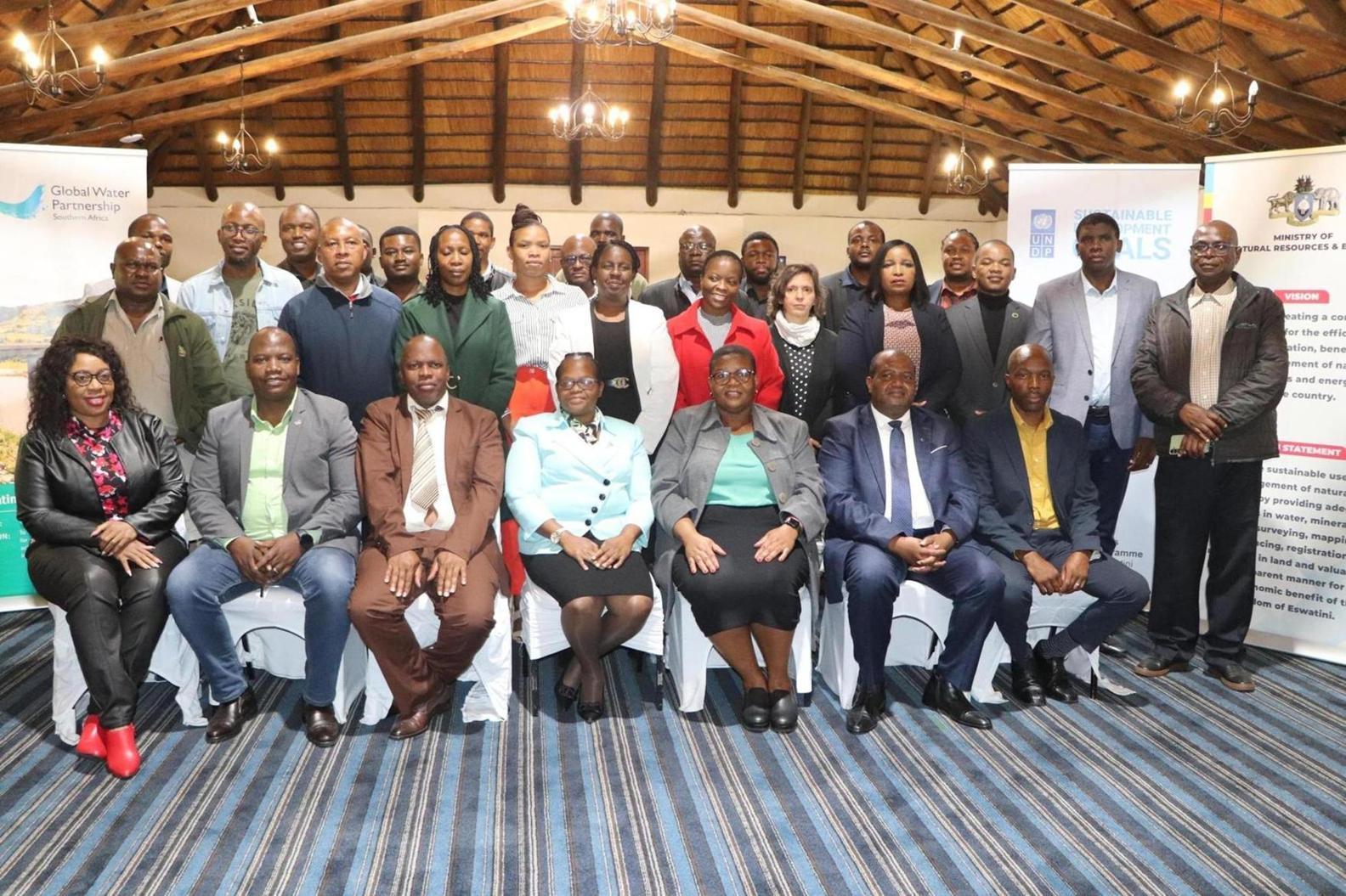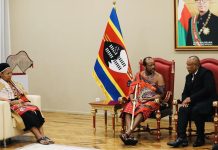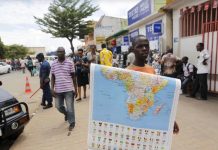Africa-Press – Eswatini. Eswatini, Mozambique, and South Africa have forged an alliance under the initiative titled ‘Strengthening Integrated Transboundary Management of the Incomati and Maputo River Basins.’
This collaborative effort, aimed at addressing shared water challenges, is funded by the Global Environment Facility (GEF) and holds the promise of fortifying regional cooperation and capacity.
In preparation for this transformative project, government officials from the three nations, accompanied by representatives from the United Nations Development Programme, the private sector, and academia, convened at the Emafini Country Lodge for a comprehensive stakeholder consultation workshop yesterday.
This pivotal workshop provided a platform for stakeholders to actively engage in the project’s objectives and activities.
It facilitated discussions to clarify technical aspects, confirm project goals, and identify priority projects for each participating country.
Ministry of Natural Resources and Energy Principal Secretary Dorcas Dlamini underscored the project’s significance, recognising its potential to impact socio-economic development positively.
Dlamini emphasised that the GEF UNDP-Inco Maputo project is a testament to the commitment of Eswatini, Mozambique, and South Africa to bolster transboundary cooperation.
The project adopts a source-to-sea approach in the management of water resources, poised to address environmental challenges such as water demand, changes in flow regimes, and climate impacts in the Incomati and Maputo basins.
In stressing the imperative of co-financing commitments from stakeholders, Dlamini highlighted that GEF-funded projects demand a robust foundation of ongoing work.
“The co-finance amount is expected to be three times the estimated project value, with an appeal for active participation and support,” she said.
Edward Mswane, interim Executive Secretary of the Incomati and Maputo Watercourse Commission (INMACOM), expressed gratitude to the GEF grant and pledged adherence to project timelines.
He further underscored the importance of co-financing, urging partners to sign co-financing letters and emphasising the need for collaborative efforts. “Stakeholders’ engagement is pivotal in achieving the expected outcomes, including the development of a fully formulated UNDP-GEF project document and a GEF endorsement request,” Mswane said.
UNDP Deputy Resident Representative Nessie-Gould Golaki highlighted the collaborative nature of the project, emphasising UNDP’s priority in building local capacities and aligning with sustainable development goals, particularly Goal 6 (Clean Water), Goal 14 (Life Below Water), and Goal 2 (Zero Hunger).
“This workshop sets the stage for a comprehensive alliance among Eswatini, Mozambique, and South Africa, showcasing a united effort to address water challenges and foster sustainable development in the Incomati and Maputo River Basins,” Golaki stated, applauding the collaborative spirit exhibited.
For More News And Analysis About Eswatini Follow Africa-Press







